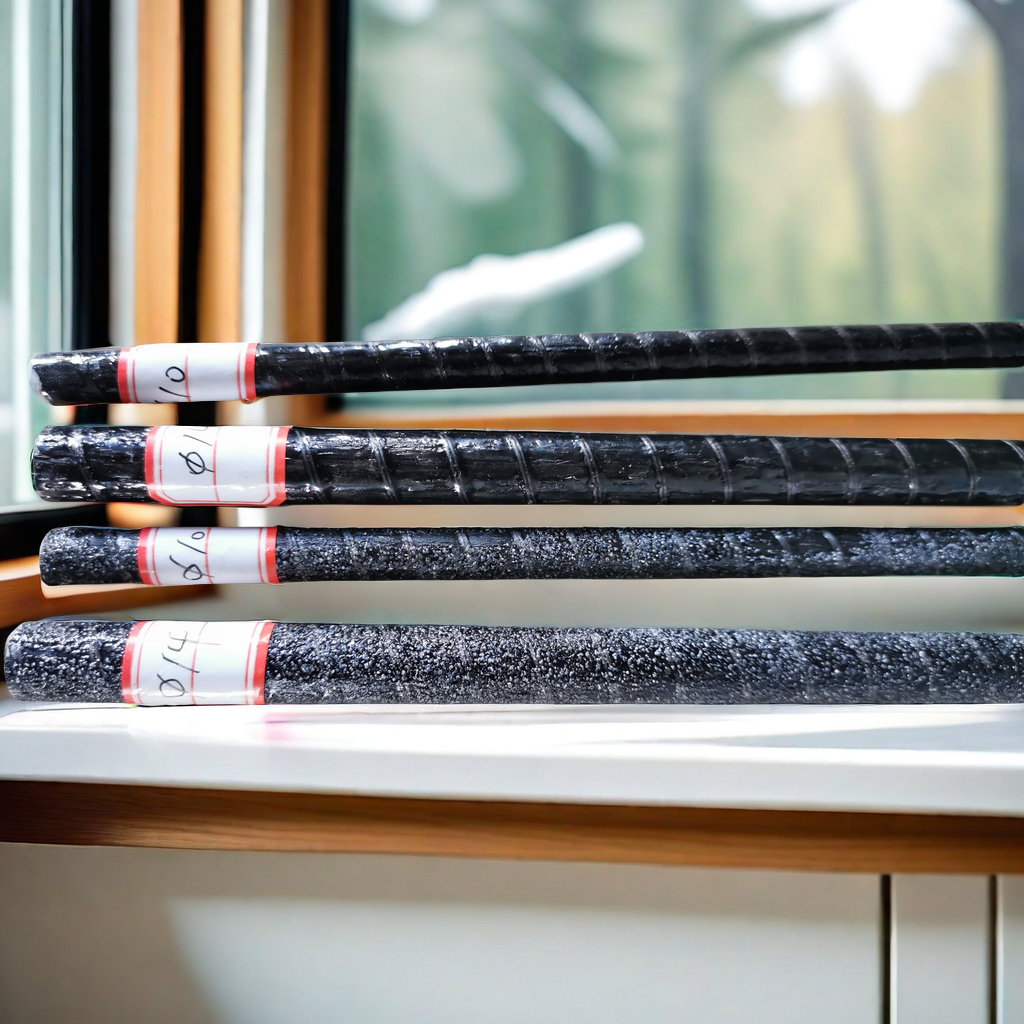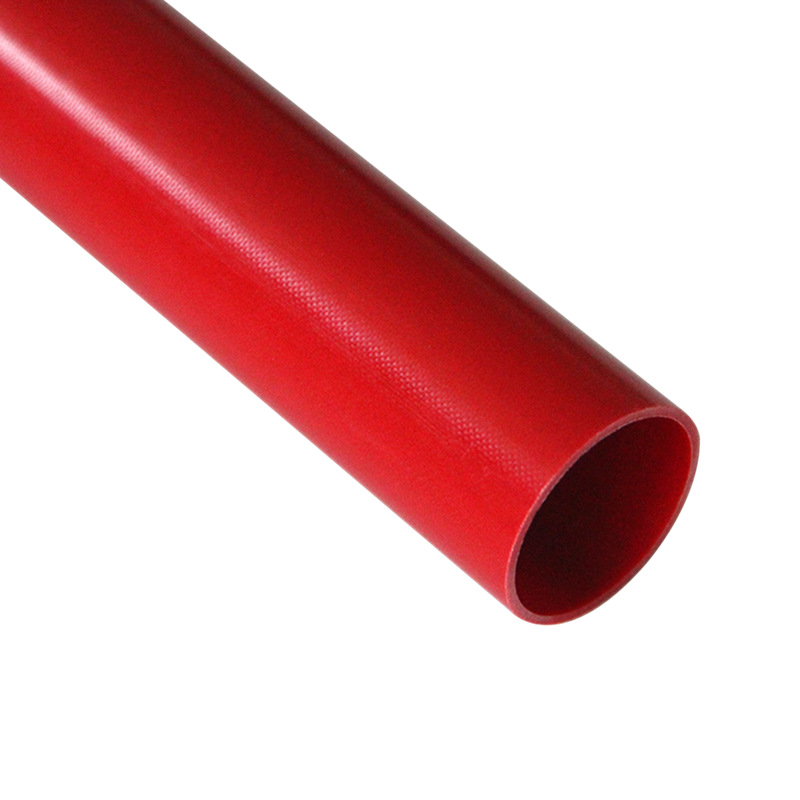Introduction
In the realm of modern construction, the significance of fasteners like construction bolts cannot be overstated. These components are pivotal in ensuring structural integrity and safety. Their evolution reflects advancements in materials science and engineering practices, responding to the increasing demands for durability, strength, and performance in complex construction projects.
Overview of Construction Bolts
Construction bolts are essential hardware in the assembly of structural elements, providing the necessary connections between components. They are designed to withstand various forces, including tension, shear, and compression, ensuring that structures can endure environmental stresses and loads over time. The choice of bolt type and material directly impacts the safety and longevity of a construction project.
Types of Construction Bolts
There are numerous types of construction bolts, each serving specific functions. Common types include hex bolts, carriage bolts, and anchor bolts. Hex bolts are widely used due to their versatility and strength, suitable for fastening wood to wood, or metal to wood. Carriage bolts, with their rounded heads and square necks, are ideal for wood applications where a smooth finish is desired on one side. Anchor bolts are employed to attach structural elements to concrete, crucial in building foundations and infrastructure projects.
Materials Used in Construction Bolts
Historically, steel has been the predominant material for construction bolts due to its high tensile strength and durability. However, advancements in materials science have introduced alternative materials like galvanized steel, stainless steel, and composite materials such as Glass Fiber Reinforced Polymer (GFRP). GFRP construction bolts offer advantages like corrosion resistance and light weight, making them suitable for specific applications where traditional steel bolts may falter.
Applications of Construction Bolts
Construction bolts are integral in various sectors, including residential, commercial, and industrial construction. They are fundamental in assembling steel frameworks, securing wooden structures, and anchoring components in concrete. Their applications span from simple home building projects to complex infrastructures like bridges and skyscrapers.
Structural Engineering
In structural engineering, bolts are critical in connecting beams, columns, and other load-bearing elements. The reliability of these connections ensures that structures can support loads and resist forces such as wind and seismic activity. Engineers must consider factors like bolt grade, diameter, and length, as well as the properties of the materials being joined.
Bridges and Infrastructure
For bridges and large-scale infrastructure, the demands on construction bolts are even more significant. They must perform under constant stress and varying environmental conditions. The use of advanced materials like GFRP bolts in such applications can enhance the lifespan of the structure by reducing corrosion-related failures. For instance, GFRP bolts have been successfully utilized in environments with high salinity, where traditional steel bolts are prone to rust.
Advancements in Construction Bolts Technology
The evolution of construction bolts reflects the industry's response to emerging challenges and technological opportunities. Innovations focus on enhancing strength, durability, and environmental resistance, as well as facilitating easier and safer installation processes.
Composite Materials
Composite materials like GFRP have revolutionized the design of construction bolts. These materials combine high strength with low weight and excellent corrosion resistance. GFRP bolts are non-conductive and non-magnetic, making them suitable for sensitive applications. According to recent studies, GFRP bolts can extend the service life of structures in aggressive environments by up to 50% compared to traditional steel bolts.
Smart Bolting Systems
The integration of smart technology into construction bolts is an emerging trend. Smart bolting systems incorporate sensors that monitor tension loads and detect loosening or fatigue, enabling proactive maintenance and enhancing safety. This technology is particularly beneficial in critical infrastructure where bolt failure can have catastrophic consequences.
Case Studies
Several projects worldwide have demonstrated the benefits of utilizing advanced construction bolts. In the rehabilitation of the XYZ Bridge, engineers opted for GFRP construction bolts to combat the corrosive effects of the marine environment. This decision not only enhanced the bridge's durability but also reduced maintenance costs significantly.
Another example is the ABC Tunnel project, where smart bolting systems were employed. The sensors embedded within the bolts provided real-time data on stress levels, allowing for immediate response to any anomalies and ensuring the tunnel's structural integrity over time.
Challenges and Considerations
Despite the advancements, there are challenges associated with construction bolts. The selection of appropriate bolt types and materials requires thorough understanding and consideration of the specific application and environmental conditions. Installation practices must adhere to strict standards to prevent issues such as over-tightening or under-tightening, which can compromise structural integrity.
Moreover, cost considerations play a significant role. Advanced materials like GFRP can be more expensive upfront compared to traditional steel bolts. However, life-cycle cost analyses often reveal that their benefits outweigh the initial investment due to reduced maintenance and longer service life.
Future Perspectives
The future of construction bolts is poised towards greater innovation. Research is ongoing into new composite materials, surface treatments to enhance corrosion resistance, and further integration of smart technologies. The trend towards sustainable construction also highlights the importance of materials that reduce environmental impact while maintaining performance.
Education and training in the proper use and installation of these advanced bolts are essential. As the industry adopts these innovations, a skilled workforce capable of implementing the new technologies is crucial for maximizing the benefits they offer.
Conclusion
Construction bolts are fundamental to the integrity and longevity of structures worldwide. The advancements in bolt technology, particularly with materials like GFRP, represent significant steps forward in addressing the challenges of corrosion, environmental impact, and structural monitoring. Embracing these innovations requires a balance of technical understanding, cost analysis, and forward-thinking design.
For industries looking to improve their construction practices, integrating advanced construction bolts presents an opportunity to enhance performance and sustainability. Ongoing research and development will continue to expand the possibilities, solidifying the role of construction bolts as a critical component in modern engineering.




























